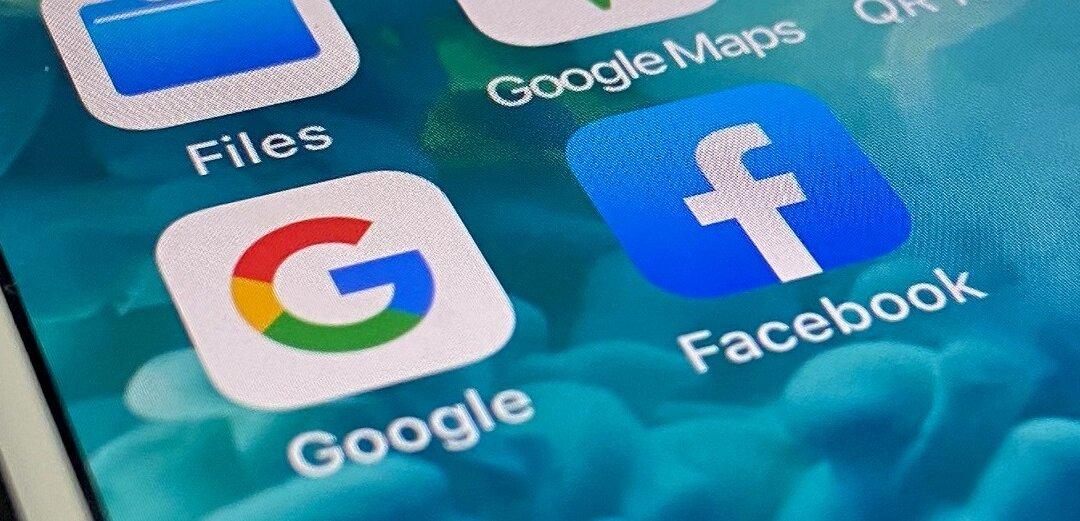In a bipartisan effort to support and preserve journalism, members of Congress on Wednesday introduced a bill that would allow small news publishers to collectively negotiate with tech giants such as Google and Facebook for their share of digital advertising profits.
The proposed legislation (pdf), formally called the Journalism Competition and Preservation Act, was introduced by House Antitrust Subcommittee Chairman David Cicilline (D-R.I.) and ranking member Ken Buck (R-Colo.). Sens. Amy Klobuchar (D-Minn.) and John Kennedy (R-La.) introduced a companion bill in the Senate.





